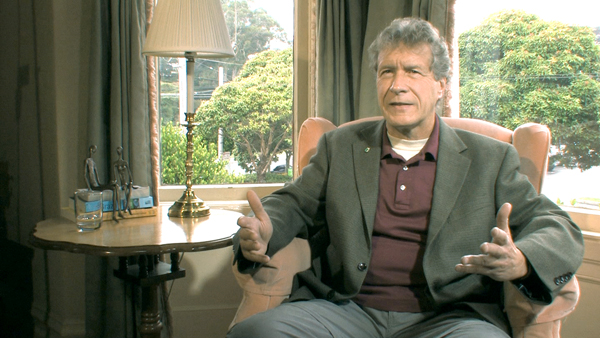|
Reviews of Recent Independent, Foreign, & Documentary Films in Theaters and DVD/Home Video

THE END OF POVERTY? Recently, conscientious viewers partial to righteous, liberal-minded documentaries have had a lot of fodder for rage. In the past few years, they’ve seen capitalistic society attacked on a wide range of galvanizing issues, from our economic system and method of industrial food production to environmental policy and health care. While this piecemeal vilification hasn’t exactly put a dent in the behemoth of Western culture, The End of Poverty? makes a much broader scale accusation—damning the entire foundation on which the modern West was built. In a stunningly clean and simple hypothesis, the film blames the intractable poverty of the third world on the fallout from Western colonalization. Aside from enslaving the natives, riddling them with new diseases, and ransacking their culture (old news), the team of experts interviewed for this film suggest that the Western world also sabotaged the opportunity for their former colonies to prosper in the capitalistic system that was forced upon them. Great Britain, for example, destroyed India’s superior textile industry in the 18th century in order to relegate it to the production of raw ingredients while the enriching itself with the sale of the finished product. Colonial powers also claimed ownership over land and either evicted the inhabitants or forced them to pay rent, depriving the agrarian societies of the chance to live off the earth and forcing them into an artificially created poverty. For the most part, the radical accusations are softened by the fact that the culprit—colonalization and its emissaries—is theoretical and long dead. However, the modern examples of third-world subjugation, the result of corporate greed and government corruption, are in themselves the by-product of centuries-old Colonial havoc. While some experts cry out for change and seethe over current policies, the film is only digestible and interesting as an exploration of historical theory. Clearly, developing countries aren’t, as they exist right now, entirely blame-free victims of circumstance—an implication the film isn’t careful enough to dispel.
Structurally, The End of Poverty? is about as
fascinating as a college lecture, with PBS-quality voiceovers and
graphics weakly spicing the endless rotation of talking-head interviews.
But as far as its content is true and verifiable, it is a worthwhile
film for both angry liberals and history buffs alike.
Yana Litovsky
|

